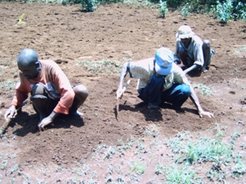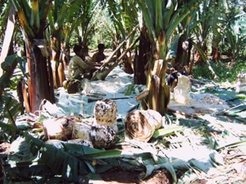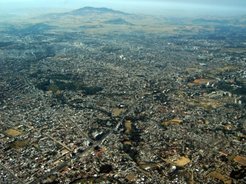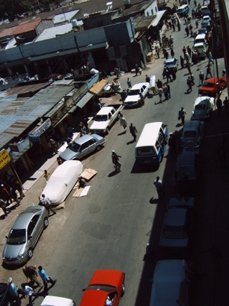Shared Values, Institutions and Development: The Case of the Gurage and Oromo of south-western Ethopia



The above pictures depicting peoples’ cooperation at work in Gurage area show examples of reciprocal work parties that constitute one of the most important shared traditional values in rural Ethiopia
(Photo: Getinet Assefa, 2004)
The last few decades have seen an increasing interest in the study of indigenous institutions in Ethiopia , in general, and urban self-help associations, in particular, with focus mainly on their proliferation and the roles they play in development in different contexts. In an attempt to further the understanding of such institutions and their implications for theories of conflict and integration, it is argued that these institutions are not merely aimed at solving practical problems. The current research examines whether such institutions are meant to replace traditional forums or events, such as rituals and social performances in which cultural values used to be shared, shaped and nurtured, for the promotion of new (developmental) values which are stressed in the construction of new (or affirmation of old) ethnic identities for a new nation.


Addis Ababa and other major urban centers in Ethiopia are conglomerates of people of diverse cultural and geographical origin.
(Photo: Getinet Assefa, 2004)




